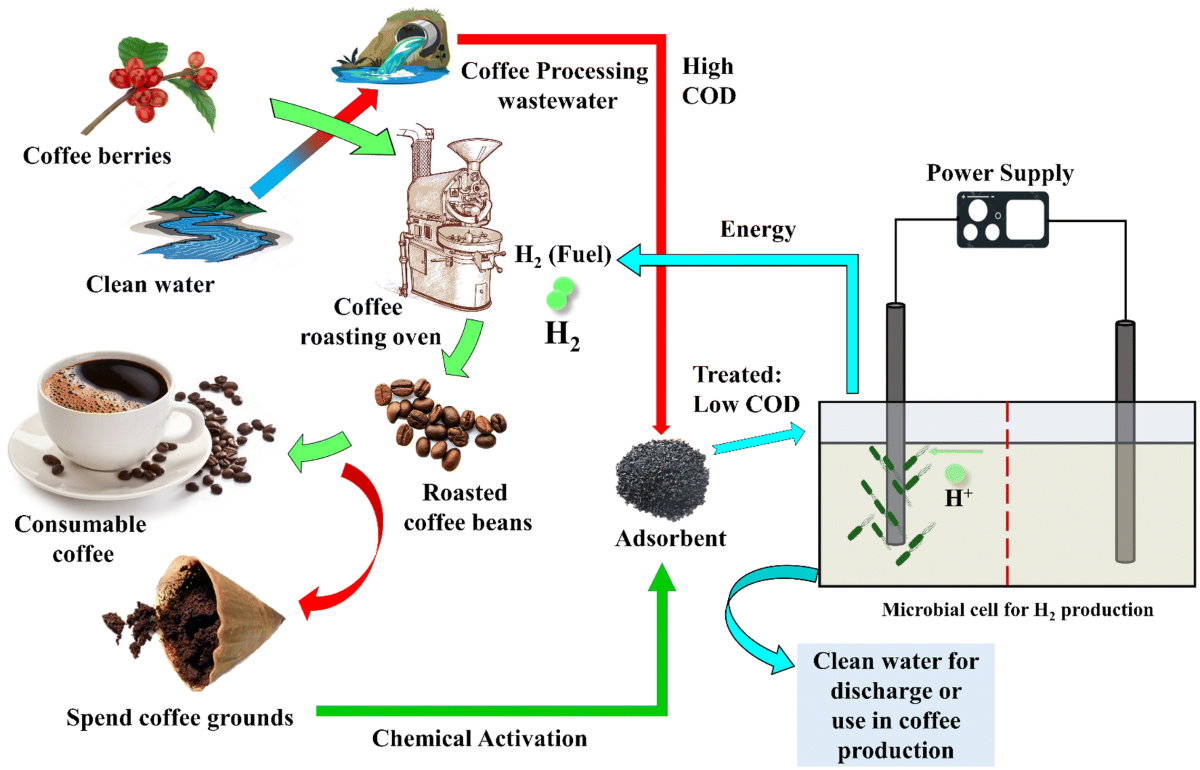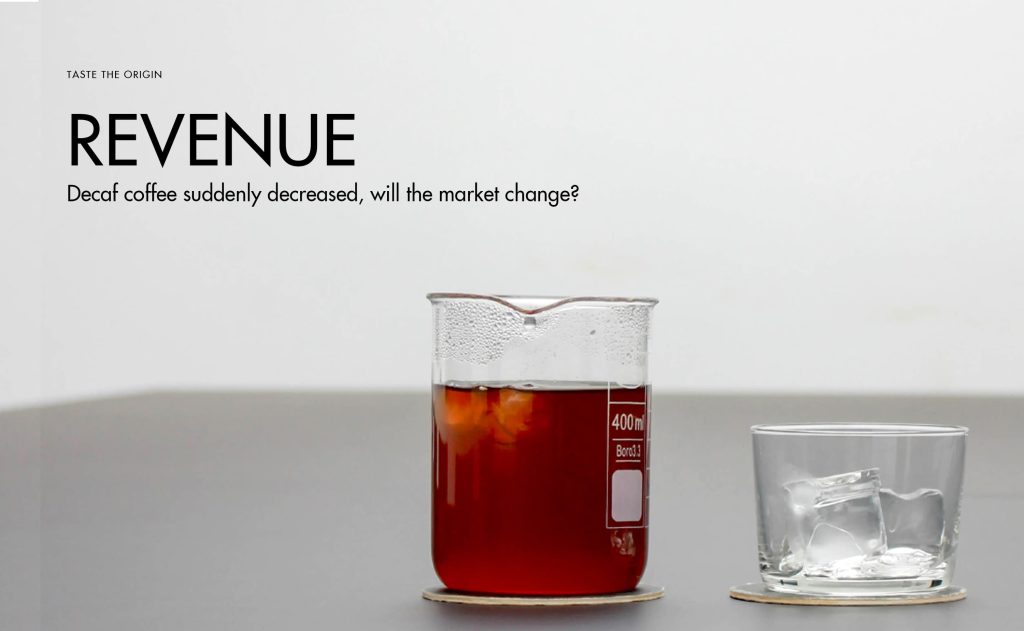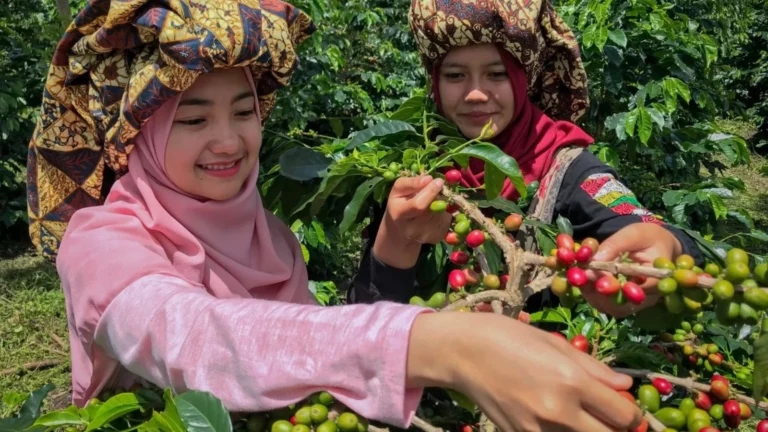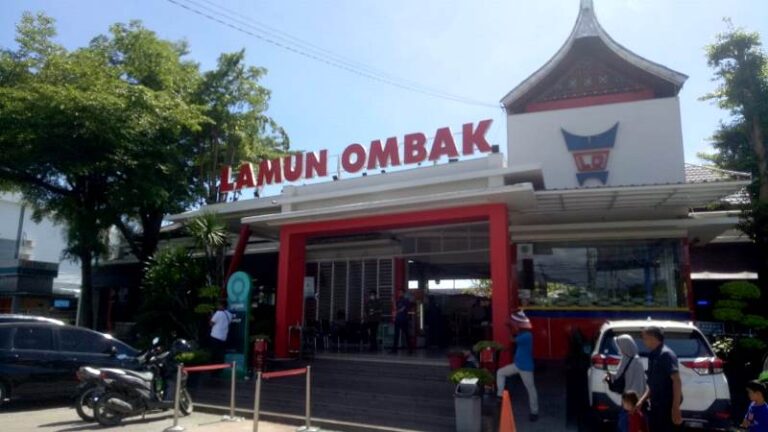The Rise of Artisanal Coffee in Indonesia

Rise of Artisanal Coffee: Behind every cup of coffee, there’s more than a bitter taste or an alluring aroma. There‘s a rich history that starts with farmers plucking red coffee cherries on mountainous land, continues with baristas adjusting water temperature and pressure to the point of precision, and ends with consumers who care more than ever about where every sip comes from. The rise of Artisanal Coffee has evolved from a mere stimulant to a symbol of lifestyle, sensory encounter, and cultural expression.
A Global Shift: From Habit to Awareness
The worldwide movement toward specialty or artisan coffee has picked up serious steam in the last ten years. According to a 2024 report by the U.S. National Coffee Association, 57 percent of adult coffee drinkers now choose specialty coffee over instant or traditional coffee. It’s not just about flavor, it‘s about principles. Artisanal coffee is about quality, sustainable harvesting practices, and fair dealings between growers and buyers.
Rise of Artisanal Coffee, It‘s a matter of transparenc,y everything frothe m selection of varieties and careful harvesting to the roasting process, which highlights the unique flavor characteristics of each bean. Direct trade methods, for instance, are not gimmicks but a step in the direction of a fairer and more responsible supply chain.
Indonesia‘s Role: From Producer to Quality-Driven Market
As one of the world‘s largest coffee-producing countries, Indonesia is no longer just an exporter of raw beans. It is becoming an active source of quality-aware consumers. In city centers like Jakarta, Bandung, Surabaya, Yogyakarta, and Denpasar, modern coffee shops have prospered, providing manual brew options like pour-over, siphon, Aeropress, and cold brew that emphasize the characteristic profiles of single-origin beans.
This revolution didn’t happen overnight.
It‘s been fueled by shifting urban lifestyles, the emergence of a creative economy, and social media. Cafes now serve not only coffee but also to hang out, work, and just be. De minimalist decor and carefully constructed indie playlists are the backdrop for coffee as a tool of exploration and personal expression.
Domestic brands Anomali Coffee, Ombe Kofie, and Tanamera Coffee won international recognition with the introduction of Indonesian beans like Wamena, Flores, Toraja, and Gayo. They‘re not just selling coffee, they‘re giving stories about direct links to farmers and sustainability.
Flavor Innovation Meets Local Culture
The specialty coffee trend of Indonesia is even more exciting with its deep roots in local food culture. An example of this is es kopi susu gula aren, iced coffee with palm sugar milk. Espresso, fresh milk, and liquid coconut sugar collectively became an urban youth status drink. Almost all the coffeehouses, from humble stalls to national chains, offer their versions now.
Along with that, local spices such as ginger, cinnamon, cloves, cardamom, and lemongrass are being infused into coffee. Spiced ginger coffee or lemongrass coffee-type beverages appeal to consumers seeking warm, healthy experiences without compromising Indonesia‘s rich flavor heritage.
As people become more aware of health and the environment, plant-based milks such as oat, almond, and coconut are gaining popularity. The alternatives are not only attractive to the lactose intolerant but also to those who wish for new tastes. Plant-based coffee lattes are as beautiful as they are delicious in the skillful hands of baristas.
A New Market Niche: The Rise of Decaffeinated Coffee

While caffeine remains the main draw for the majority, a growing segment longs for the coffee experience without the wake-up effect. Enter decaf coffee to the rescue. Once derided as not being “real” or tasting, decaf is making a comeback. A 6–7% yearly growth through 2030 is projected by the global decaf market, as reported by a SkyQuest report. In the United States alone, around 7% of adults drink decaf daily.
In Indonesia, though still a niche segment, demand is rising among young professionals and older consumers who want to indulge in coffee without sleep disruption or elevated blood pressure. Locally, roasters have begun importing or processing decaf beans using natural processes such as the Swiss Water Process chemical-free. This offers new opportunities to diversify Indonesia‘s coffee, both at home and for export.
Sustainable Ecosystems: Opportunities and Challenges

Underlying the vibrant artisanal coffee industry are significant structural problems. Indonesia has over 1.27 million hectares of coffee plantations distributed across 27 provinces, producing approximately 760,000 tons annually (BPS, 2024). The majority of farmers, however, are stuck in a low-value chain in holding raw beans for minimal amounts of money while the majority of the profits go to downstream players like roasters and retailers.
The artisanal coffee movement can be a force for building a more equitable, sustainable system. Direct trade models must be scaled up. Farmers need better post-harvest training, access to sustainable processing technology, and incentives for organic certification. National and local governments can also be strategic actors in developing artisanal coffee clusters, supporting farmer cooperatives, and expanding market access through online platforms.
Other regions like Gayo, Kintamani, Toraja, and Manggarai already have GI status. So much more needs to be done to put coffee on the pedestal of an icon of innovative regional economies.
- Pelajari lebih lanjut tentang sejarah budaya ngopi di Indonesia dari masa ke masa






